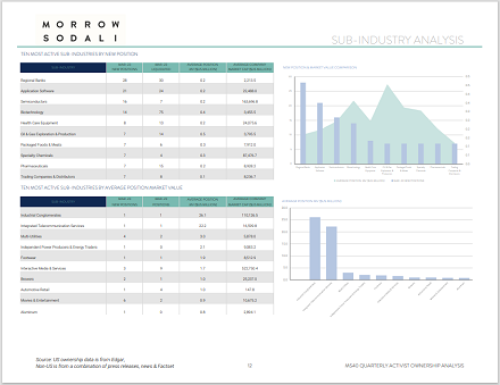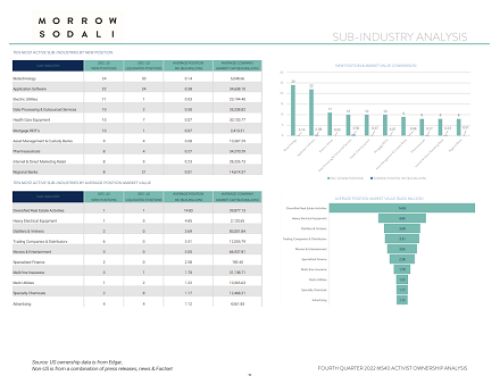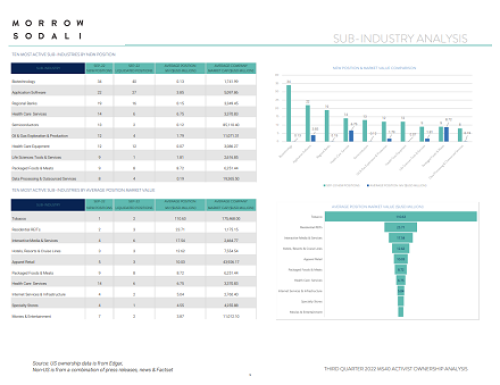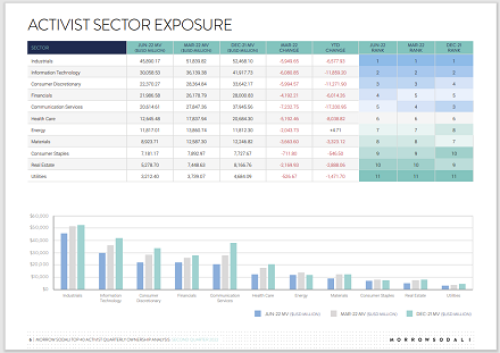Google parent company Alphabet is seeking the SEC’s go-ahead to exclude several shareholder proposals from its 2022 proxy statement, including one on the high-profile topic of board diversity. The company filed nine such requests on February 1.
One of the proposals, filed by Arjuna Capital, requests that ‘Alphabet report annually on its policies and practices to help ensure its elected board of directors attains racial and gender representation that is better aligned with the demographics of its customers and/or regions in which it operates.’
Arjuna Capital writes that such a report could include: board targets aligned with customer demographics, progress/challenges in meeting racial and/or gender board diversity targets and strategies or practices used to increase the diversity of board candidates.
 ‘Research indicates board diversity is an important lever to increase shareholder value, resulting in higher revenues, higher return on assets, a more diverse workforce, enhanced corporate governance and improved stakeholder relations,’ the proponent writes.
‘Research indicates board diversity is an important lever to increase shareholder value, resulting in higher revenues, higher return on assets, a more diverse workforce, enhanced corporate governance and improved stakeholder relations,’ the proponent writes.
Arjuna Capital argues that Alphabet’s board diversity is largely disproportionate from its customer base. Twenty-seven percent of its members are women and 18 percent are under-represented minorities, while the US population as a proxy for Alphabet’s customer base comprises 51 percent women and 32 percent under-represented minorities, the proponent states.
‘We believe a board of directors with racial and gender composition reflective of Alphabet’s customer base will more astutely minimize business risk, maximize opportunity and increase shareholder value,’ Arjuna Capital writes.
The proposal comes at a time of growing investor scrutiny of board diversity and regulatory shifts. Last August the SEC approved Nasdaq’s proposed board diversity rules. These require Nasdaq-listed companies to disclose annually statistical information on board diversity using a standardized board diversity matrix. Some US states – including California – have passed laws requiring companies to have directors who are diverse, based on gender and/or status as an under-represented minority or sexual orientation.
No-action request
Alphabet requests no-action relief from the SEC for excluding the proposal pursuant to Rule 14a-8(i)(10) – that the company has ‘substantially implemented’ it.
‘Diversity, equity and inclusion has long been a key focus of the company and the board, as evidenced by our public disclosures,’ Alphabet writes. ‘The company publicly discloses its director selection process and qualifications annually in its proxy statement, which include descriptions of the policies in place and mechanisms the board uses to incorporate diversity into the candidate evaluation and nomination process… In fact, the company has publicly disclosed since 2011 that it includes diversity of race, ethnicity and gender identity as part of its director candidate criteria.’
It adds that as a result of its efforts, 55 percent of its directors identify as gender and/or ethnically diverse. ‘More specifically, Alphabet’s board comprises three directors who identify as women (27 percent) and four directors who identify as being from a racially under-represented group (36 percent),’ the company says. It argues that Arjuna Capital includes only black and Latinx groups in its definition of under-represented minorities, ‘which is itself inconsistent with the state, national and international demographics the proponents are trying to promote.
‘The company takes a broader holistic approach on how it defines and operationalizes its commitment to serve the best interest of its stockholders and broader stakeholders. As the company explains in its 2021 diversity annual report… it takes a ‘systems-level approach’ to building diversity, equity and inclusion, which entails ‘mobilizing every aspect of the company’. As such, the company has substantially implemented the intent of the proponents’ request for a ‘board target.’’
Alphabet notes that it is subject to California’s board diversity laws. It adds: ‘In line with the proponents’ assertion about diversity promoting corporate governance and stakeholder value, the company also believes that focusing only on gender and racial diversity would be too narrow a scope [for] a global enterprise.’
The SEC has not made a public decision on Alphabet’s request. Alphabet has yet to file its proxy statement but its 2021 AGM took place on June 2. A request for comment from the company was not returned immediately.
Arjuna Capital, which has sponsored numerous proposals on gender and racial pay gap disclosure in previous years, has this proxy season filed a measure requesting that The Walt Disney Company ‘report on both median and adjusted pay gaps across race and gender, including associated policy, reputational, competitive and operational risks, and risks related to recruiting and retaining diverse talent.’
Disney unsuccessfully sought no-action relief from the SEC if it excluded the proposal from its 2022 proxy statement under Rule 14a -8(i)(7) – that it relates to the company’s ordinary business. ‘[W]e believe the proposal may be excluded… on the basis that [it] involves the same subject matter as, and implicates the company’s litigation strategy and conduct of litigation in, pending lawsuits… and therefore relates to the company’s ordinary business operations,’ Disney said in its submission.
A request for comment from Disney for the original article was not returned.










